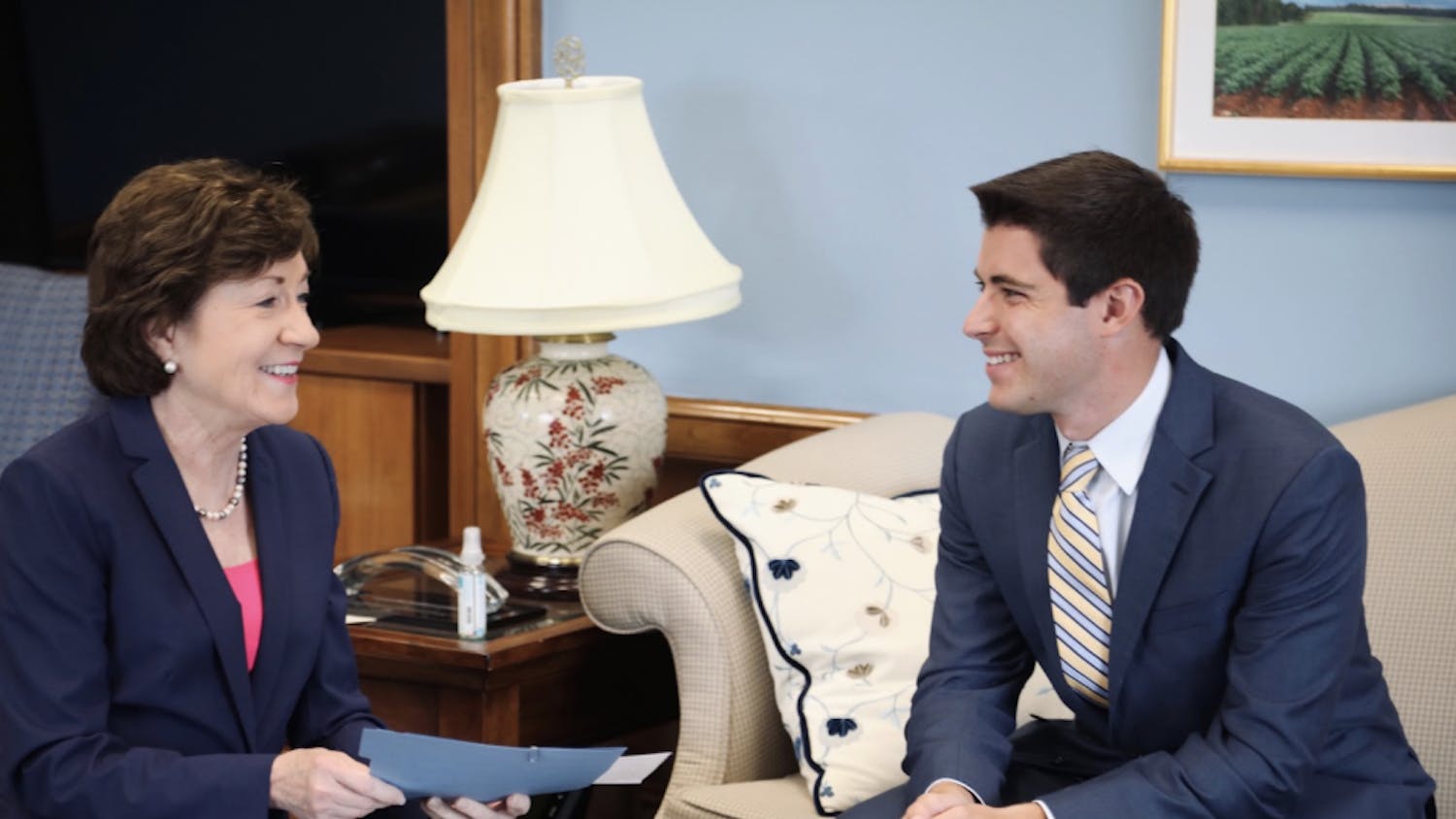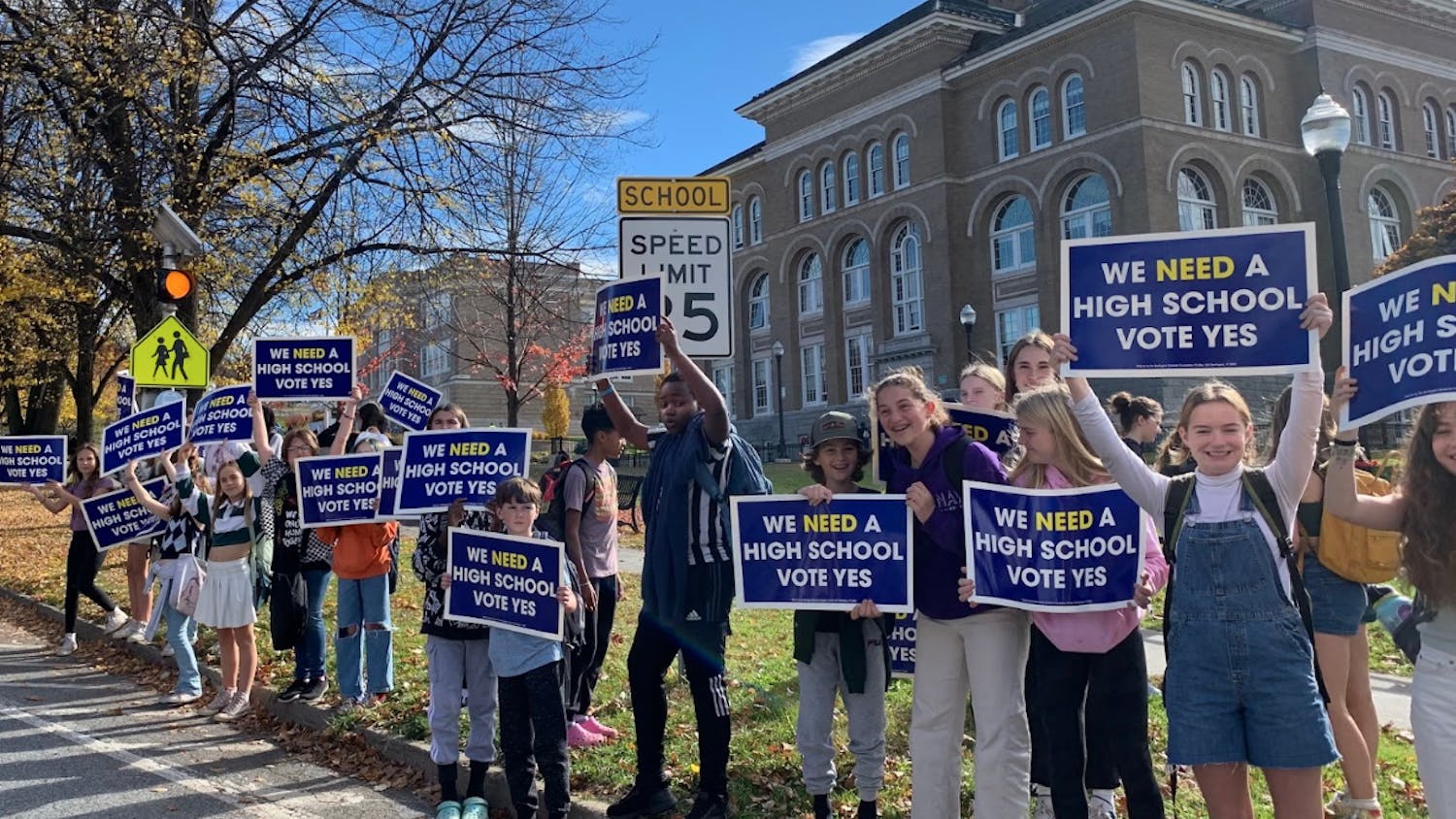Therapy was unknown to 16-year-old boys in traditional Caribbean houses like my own. To ask my mother, a traditional Caribbean woman, to talk to someone other than members of my immediate family about my personal issues or mental health status, was just unheard of. Like many other Caribbean children, I had an understanding early on that therapy was not an option for me. For me, it never hurt to try and bring the idea of therapy up, but for many of my friends, this was not even an option due to the intense panic the idea of therapy catalyzed for BIPOC parents. This pushed me to deal with my problems on my own for the majority of my teenage years.
After months of intermittently bringing up the idea of therapy to my mom, my pediatrician recommended that all children coming out of this remote learning school year seek a therapist — even just for a simple conversation. All my mother saw was a white woman telling her child there was something wrong with him, but after my pediatrician gave a paper list of names and numbers to call, all with reviews and ratings assigned to their specific website, my mom was open to the idea.
So finally, after months, I was able to see a therapist. I developed a consistent schedule of work and therapy for the rest of my summer, until senior year of high school started when I balanced school and therapy. I continued with my therapist from the end of junior year in high school into the end of my senior year summer. As my therapist provided me with service via telehealth, they registered for an Interim Telehealth Registration, since they are living outside the state of Vermont. I was preparing to begin a new life in Vermont for college and expecting to manage therapy in a new environment with the same therapist remotely.
Middlebury has been great to me. I’ve been privileged enough to make amazing friends here, and I have received immense support from colleagues and staff. I was given the advantage to enjoy my social life. This campus quite honestly gave me the fresh culture shock I was looking for. As I started my classes, I felt confident in my ability to succeed at the same level as any of my peers. However, upon entering my first sociology class as the only Black individual in the room, I felt uneasy knowing that when a white student repeated the same words I said with “smarter” terms three times in a row, all I could do was keep working and move on.
The more I kept on moving on, the more I also started to notice that privilege doesn’t have the same meaning here as it does back home. While privilege is inherent in every single thing we do, it typically is known to benefit white people back where I’m from in Brooklyn. Here, I find privilege to be a part of my education, as I have realized that I have not been given the same educational opportunities as my peers. White privilege is accurately proven to be a part of my everyday learning and understanding, in and out of the classrooms. My educational background demonstrates that I persevered and did what I could to do well in high school, but the reality is that I was not given the same resources that most white students in my classes have been provided with. As a result of learning this, I struggled. I would work so hard but would always have the wrong strategy, the wrong grammar, the wrong sentences and everything would make me feel like my education wasn’t sufficient.
To be frank, I had trouble adjusting to that reality. It was a culture shock because I was shocked to see myself having to balance for one, the doubt in debating if my identities, such as my education levels and racial background belongs at a place like Middlebury. Additionally, the confidence to still care about my career and manage school is something that requires consistency and structured balance. Consequently, I started to wonder why I hadn’t been feeling the same way about therapy as I did before. I had stopped attending sessions because of work or school, and even sometimes because I just didn’t feel like it. When I did go to my remote sessions, I was so caught up in meetings with professors and work that I would end up treating therapy like they were professional meetings. I stopped being authentic in this aspect of my life, and although I would still tell my therapist anything I wanted to get off my chest, it would feel less authentic and more of a means of checking off a box on my to-do list for that day.
With the desire to regain a connection to therapy again, I feel like I had to do some mental resetting in understanding what I do have on my campus for me, and being honest with myself with how I feel mentally at school. I started to understand the resources that were available for me, such as the CTLR. They helped me manage my time better and helped me understand the feedback I was given on specific papers as well. Outside of how academics were affecting my mental health, I had become more attached to my identity. There is such a strong community of color at Middlebury, but there is also a lack of representation for Black queer men like me on this campus. The student community has a reputation of making room for POC but not pushing and providing the platform for intersectionality within people of color on this campus. Providing the platforms looks like pushing for community events or conversations where we are able to acknowledge the inequality among intersecting identities. This could potentially be more beneficial to the students on this campus in educating themselves on discrimination as a whole. Being queer and Afro-Caribbean are identities I started to appreciate much more leaving my hometown, but I’ve felt as though this helped me realize how important therapy really was for me in a space where privilege hits harder than it ever has.
I also came to a bigger realization that because my life here is much different than it is back home, I needed a fresh start in terms of understanding the life I’m trying to create now. Though my therapist had helped me over the last two years, I realized that I needed to be on the lookout for someone who can relate to and understand my intersectionality. Realizing that therapy isn’t taboo was probably the best thing for me. I knew my first therapist wouldn’t be my last, but I recognized that it’s okay to go through multiple until you’ve found the one that is right for you and your life at any moment.
Only being three months into my first semester, therapy and the idea of it looks way different than it did to me before, and hopefully my experience can help others understand why therapy does end up having a connection to my life as a whole. While I’m still experiencing the culture shock and still persevering through the education system here, I’ve been able to consistently be honest about what I feel and in what I can and cannot control.



